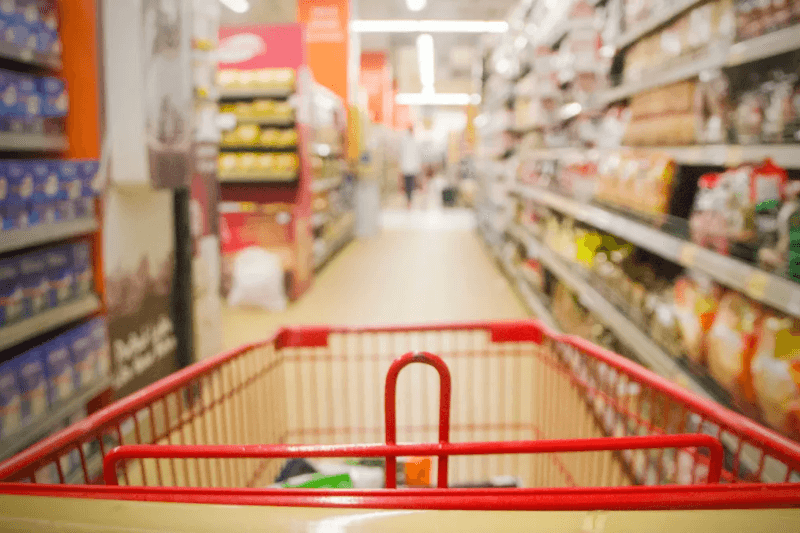
Groceries, Gadgets, and Gas? Tariffs Could Touch It All in Americas
U.S. President Donald Trump has announced a new round of tariffs on several countries. These tariffs are extra taxes on goods that America buys from abroad. While they are meant to protect U.S. industries, they may also make everyday items more expensive for regular Americans.
Grocery bills may go up
Many fruits and vegetables sold in American stores come from other countries. Bananas from Guatemala, Ecuador, and Costa Rica will now have a 10% tax added. Coffee, mostly imported from Brazil and Colombia, will also become more expensive.
Olive oil and alcoholic drinks from Italy, Spain, and Greece will face a 20% tax. Special types of rice, like jasmine from Thailand and basmati from India, will be taxed at 36% and 26%. Indian shrimp will also face a 26% tariff.
Electronics and phones may cost more
Most iPhones are made in China. The new tariff on electronics from China is 54%. This could mean higher prices for new phones, laptops, and other gadgets. Apple experts say people who buy expensive phones may still go ahead with their purchases, but others may wait or look for cheaper options.
Cars and clothes hit too
Cars made outside the U.S. will have a 25% tariff. That could add thousands of dollars to the price of a new vehicle.
Clothes and shoes made in China and Vietnam will also be taxed heavily. Many American brands depend on these countries for manufacturing. Because of this, prices for clothes may go up by around 17%.
Big companies like Nike and Gap have already seen their stock prices fall after the news. People are worried they may lose money or have to raise prices to stay profitable.
Overall cost to families
Economists at Yale say the new tariffs could cost the average American household about $3,800 each year. This is because nearly everything — from groceries to gadgets — could become more expensive.
What Trump said
Speaking to reporters, Trump said, “These tariffs will make America very rich.” He believes that taxing imports will help U.S. companies grow.
But many experts say that these changes might hurt consumers in the short term. While the government may collect more money through tariffs, regular people could end up paying more at the store.




